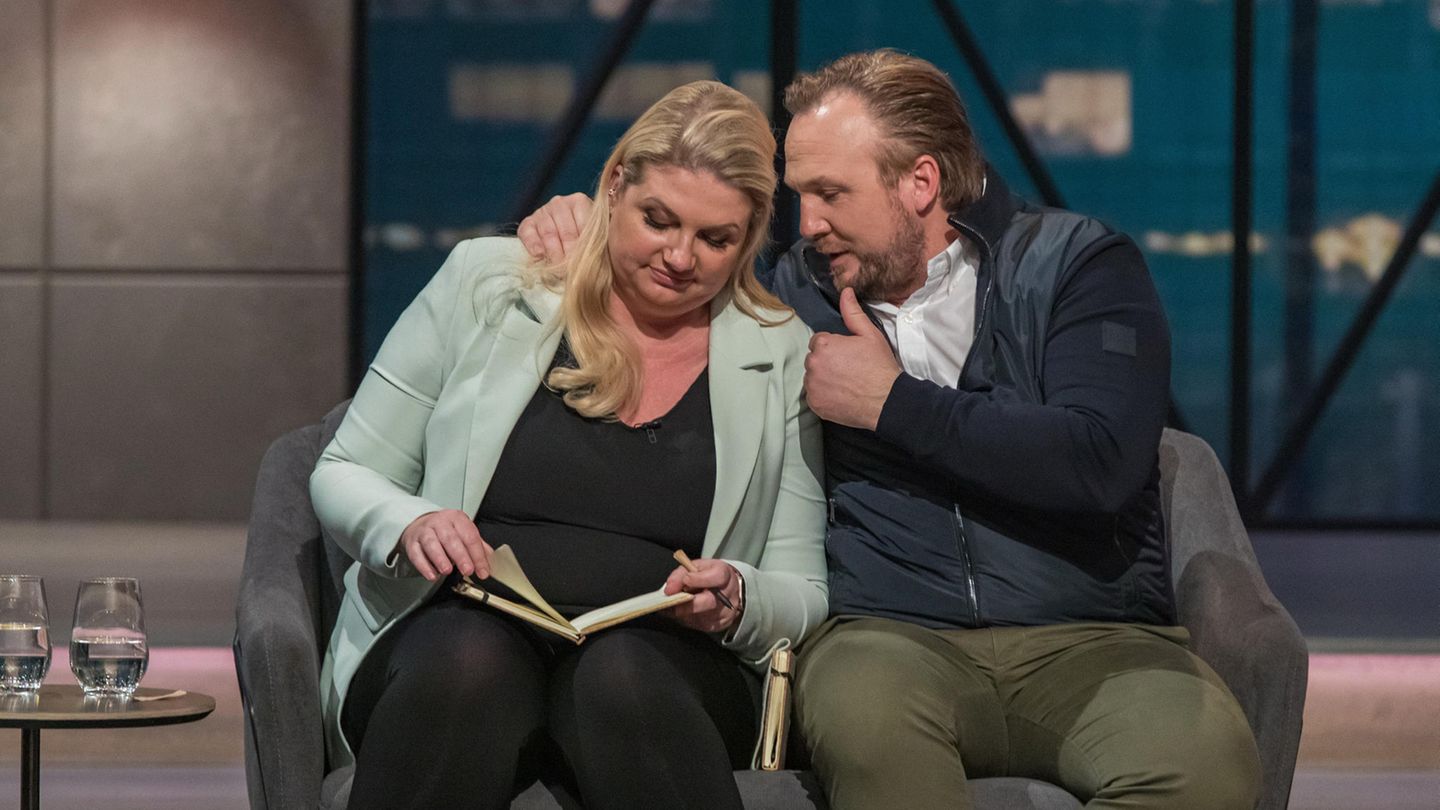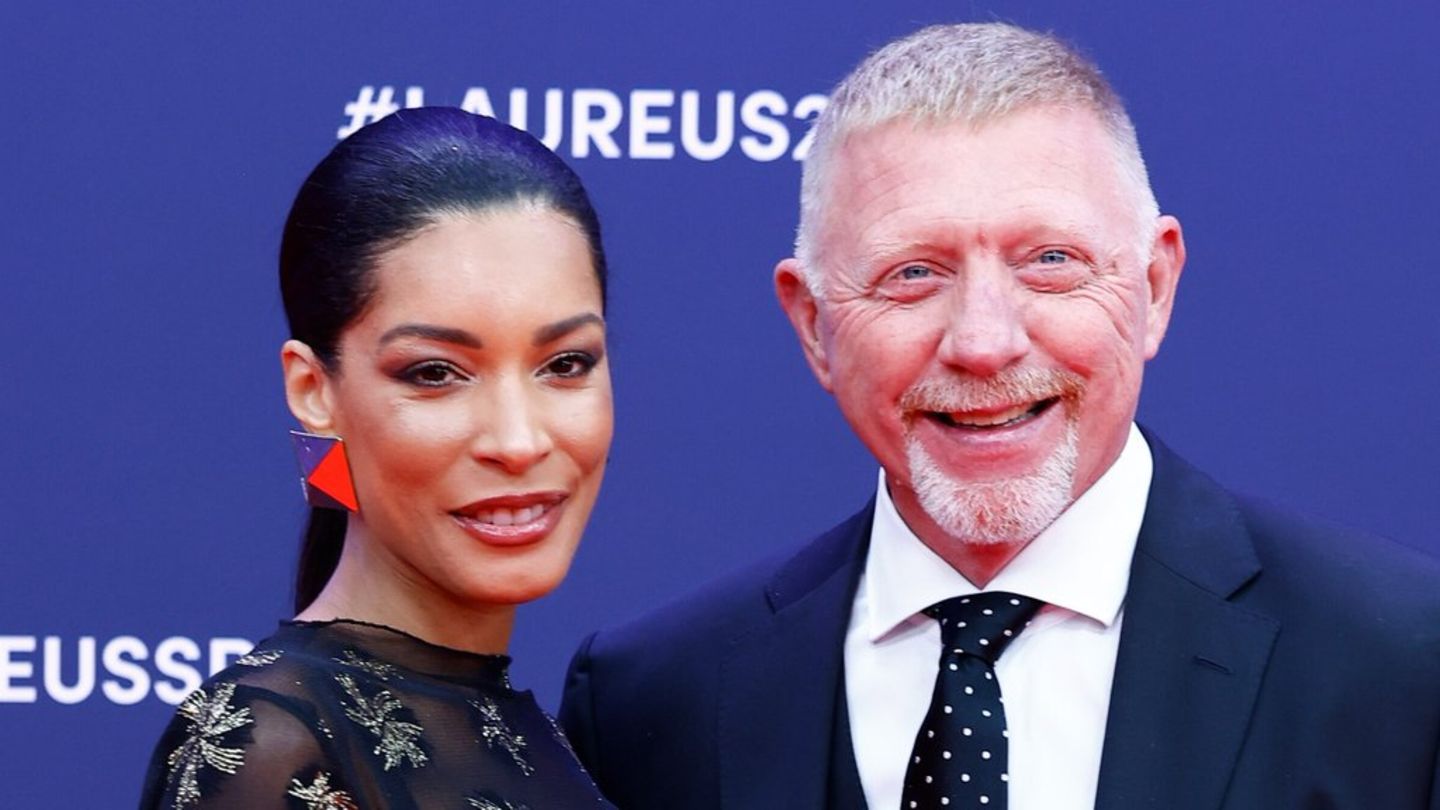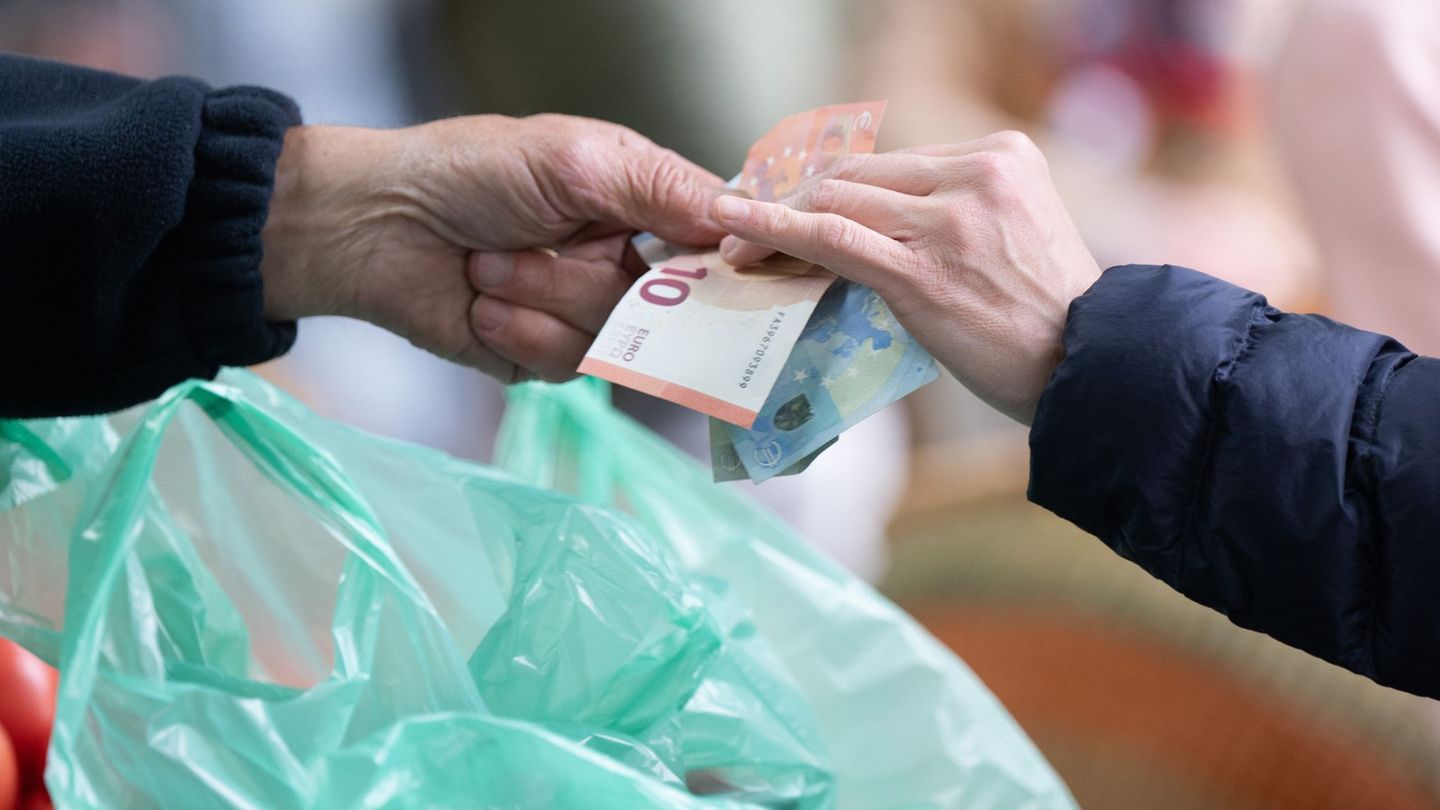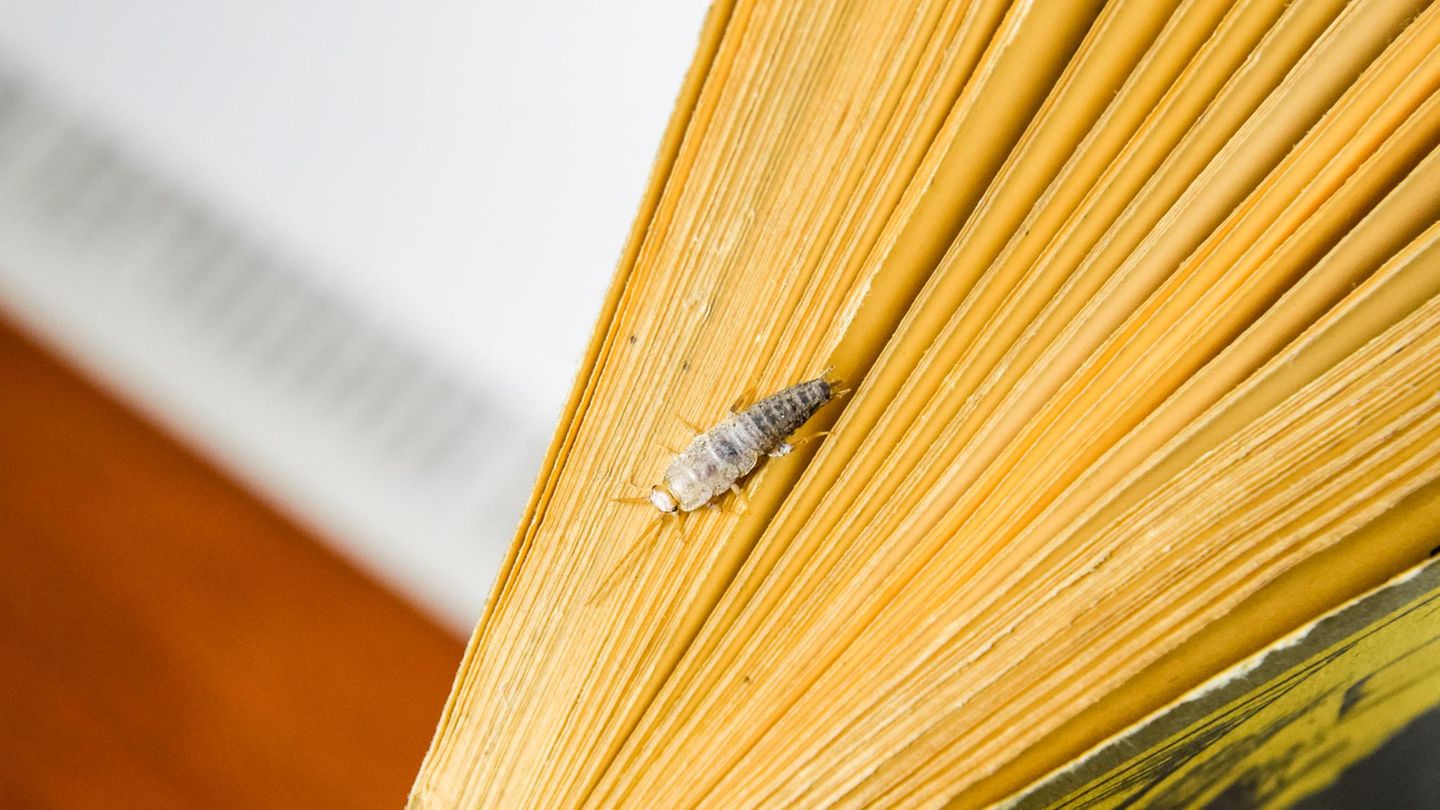TV Criticism
Sunglasses made from T-shirts, breadcrumbs made from vegetables and a subscription to deodorant – this time the founders didn’t skimp on innovative products and business models. The real excitement was on the side of the investors: Anne and Stefan Lemcke from Ankerkraut offered as guest lions.
In 2016 Anne and Stefan Lemcke grabbed a 300,000 euro deal with their food startup Ankerkraut in the “Cave of the Lions”. In 2020 they sold 20 percent of their spice empire, which now has a turnover of 50 million euros, to a French fund. The couple’s war chest was well filled when they made their guest appearance. Ralf Dümmel in particular felt this.
The presented products
• – natural and sustainable deodorant products
• Dressly – Glasses made from recycled clothes
• Moovya – Fitness-Gaming-App
• Stubborn – lighter cast iron pans
• Veggie Crumez – Vegetable breading
The crispest deal
First ridicule, then enthusiasm. When Georg Kofler looked at the stage set of Veggie Crumez, he joked: “Finally something vegan.” A meal later, he couldn’t get out of the superlatives. “We haven’t had a food product here that was such a perfect solution and that I liked so much.” The breading of the two young entrepreneurs Wayne and Marlone consists entirely of fresh vegetables, has four times the fiber content than conventional breadcrumbs and contains 50 percent less fat.
Stefan Lemcke, the male half of Ankerkraut, burst out: “The product is awesome, you are awesome!” He made an offer. When Kofler and Dümmel bid in a double pack, the “part-time lion” (Kofler) unpacked his boxing gloves: “Think carefully about what you are doing now,” he turned to the founders. “We have a handful of investments that we take care of personally. They both have huge stores that are great, but huge stores.” The argument got caught. The vegetable breading went to Ankerkraut.
The founders of the heart
The second setback for Ralf Dümmel went under the armpit. Branka and Asmir from (the stern tested the product) have developed a deodorant that fights the bacteria under the arms, because only they make the actually odorless sweat, as is well known, foul-smelling. The ingredients – including baking soda and zinc oxide – are nothing new, the refill principle to avoid waste and a subscription system are innovative. The objections that could be expected came from the established lions: subscription does not work, the product can easily be copied by the cosmetics multinationals. Asmir countered cleverly: “We want to be copied so that no more rubbish is produced.”
Stefan Lemcke, who portrayed himself as an I-know-how-you-feel-buddy throughout the show, jumped to the side of the founders: “Hide the arguments and carry on as before.” In the end there was another showdown between Ankerkraut and Dümmel – and again Ralf “I’ll take you to all drugstores” Dümmel got the short straw.
A “pan-tastic” investment?
According to his own admission, Ralf Dümmel has already sold pans “in the double-digit million range”. But he didn’t dare go near the Stur brand cast iron pan. The bet was too high for him, he said, since not a single copy had yet been delivered. Nonetheless, the concept of the two founders is exciting. They have been running the Pfannenhelden blog with hundreds of thousands of readers for years and have developed their pan together with the community.
In the meantime, pre-orders with a volume of over one and a half million euros have accumulated. Georg Kofler praised the “marketing achievement” and made one of his notorious, shameless offers – 30 percent participation instead of the desired 10th Percent after. The stubborn duo stayed stubborn. “This is our baby and we want to protect it.”
No deal of the week
This is really a groundbreaking idea: old clothes are recycled into granules that can be processed like plastic. Goodbye to petroleum. 87 percent of all textiles, calculated the makers of Kleidly, landed on landfill or would be burned. They presented two products at the same time: the process for the production of the miracle granulate and sunglasses, which were made from T-shirts. Georg Kofler was skeptical: “Most of the clothes are made of plastic. I only see new plastic here, made from old plastic.” Ralf Dümmel objected: “But there is also cotton in there.”
What ultimately failed the deal was Kleidly’s two-pronged approach. “Both areas do not work together,” said Dagmar Wöhrl, “you have to choose between the technology and the product.” Kofler was also deterred by the low amount that the founding team called: “At first I thought I was making a sympathy investment. But the idea is too big for 90,000 euros to be able to do something.”
This article contains so-called affiliate links. Further information are available here.
Jane Stock is a technology author, who has written for 24 Hours World. She writes about the latest in technology news and trends, and is always on the lookout for new and innovative ways to improve his audience’s experience.




